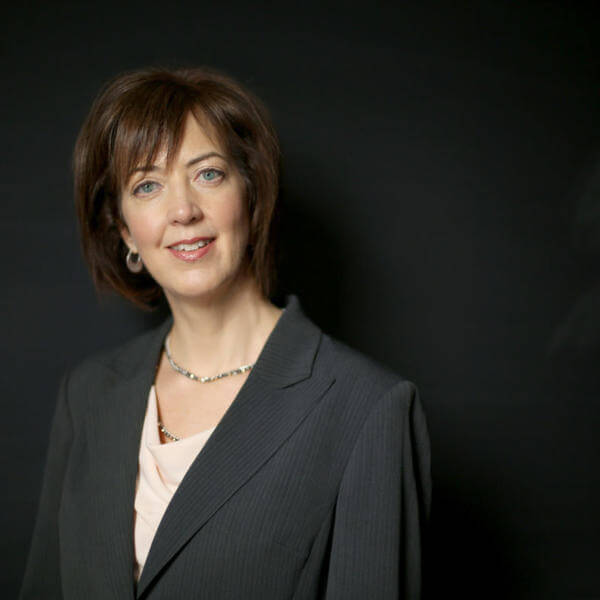With all eyes on Russia's invasion of Ukraine, particular attention is falling on the generational struggle breaking out across Russia, as younger generations are turning to social media to express their shock and shame at the war.
In a recent piece for The Conversation, Cynthia Hooper, associate professor of history and director of Russian and Eastern European Studies at Holy Cross, says that, in many ways, what Russians learn about the war is key to the outcome in Ukraine.
"Russian President Vladimir Putin is locked in a vicious struggle not only to subjugate Ukraine, but also to keep his own citizens united in support of Kremlin policy," says Hooper. "But as Ukrainian fighters capture the admiration of the world in Twitter posts and TikTok videos, even the illusion of Russian unity is beginning to crumble."
In the piece, Hooper, a renowned scholar of Russian history and media, also talks about her personal connection to Russia. "When my two stepdaughters, aged 28 and 29, phoned their grandmother in Moscow to ask about Russia's invasion, the response was tears: 'How could you ask such a question? Russia does not start wars. Russia does not invade other countries.'"
To read the full article, go to TheConversation.com.
Related Coverage:
- WATCH: Holy Cross Faculty Experts Discuss Russia’s Attack on Ukraine
- The Bulletin: Mar. 9: Russia’s information war: painful truths vs. comfortable lies
- The Atlantic, Mar. 10: I Watched Russian TV So You Don’t Have To
- Jezebel, Mar. 14: Brave Protester Interrupts Russian News Broadcast: 'They're Lying to You'
- ITV, Mar. 15: Russian journalist interrupts live TV state media broadcast with 'no war' protest
- The Evening Standard, Mar. 16: Marina Ovsyannikova: the Russian journalist being labelled the bravest woman on TV


